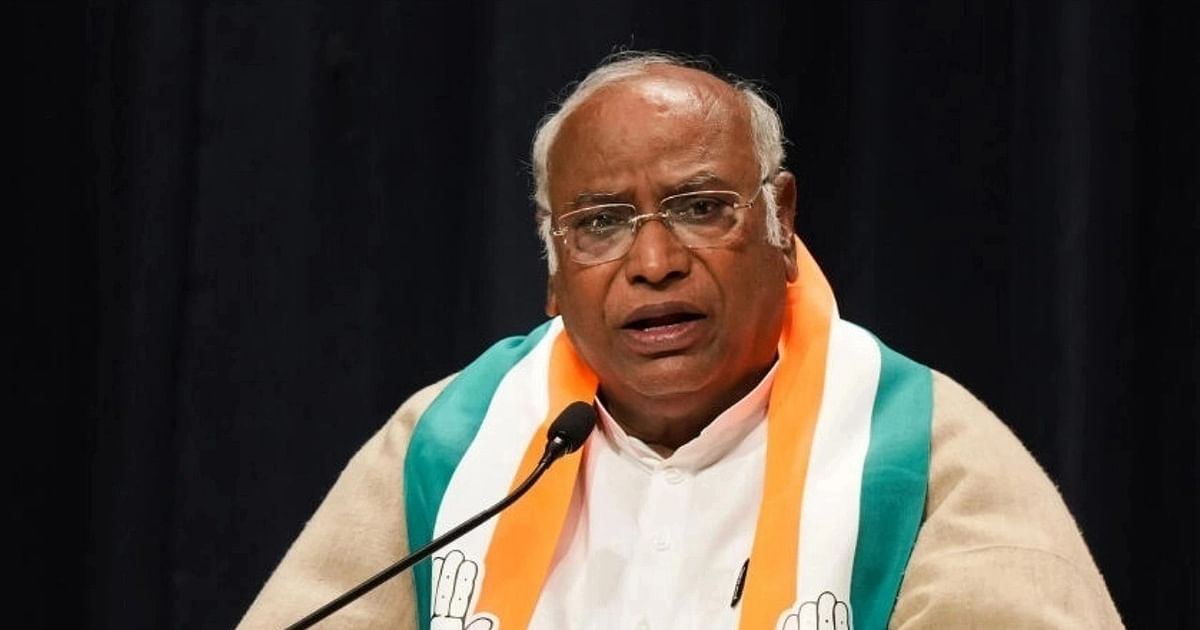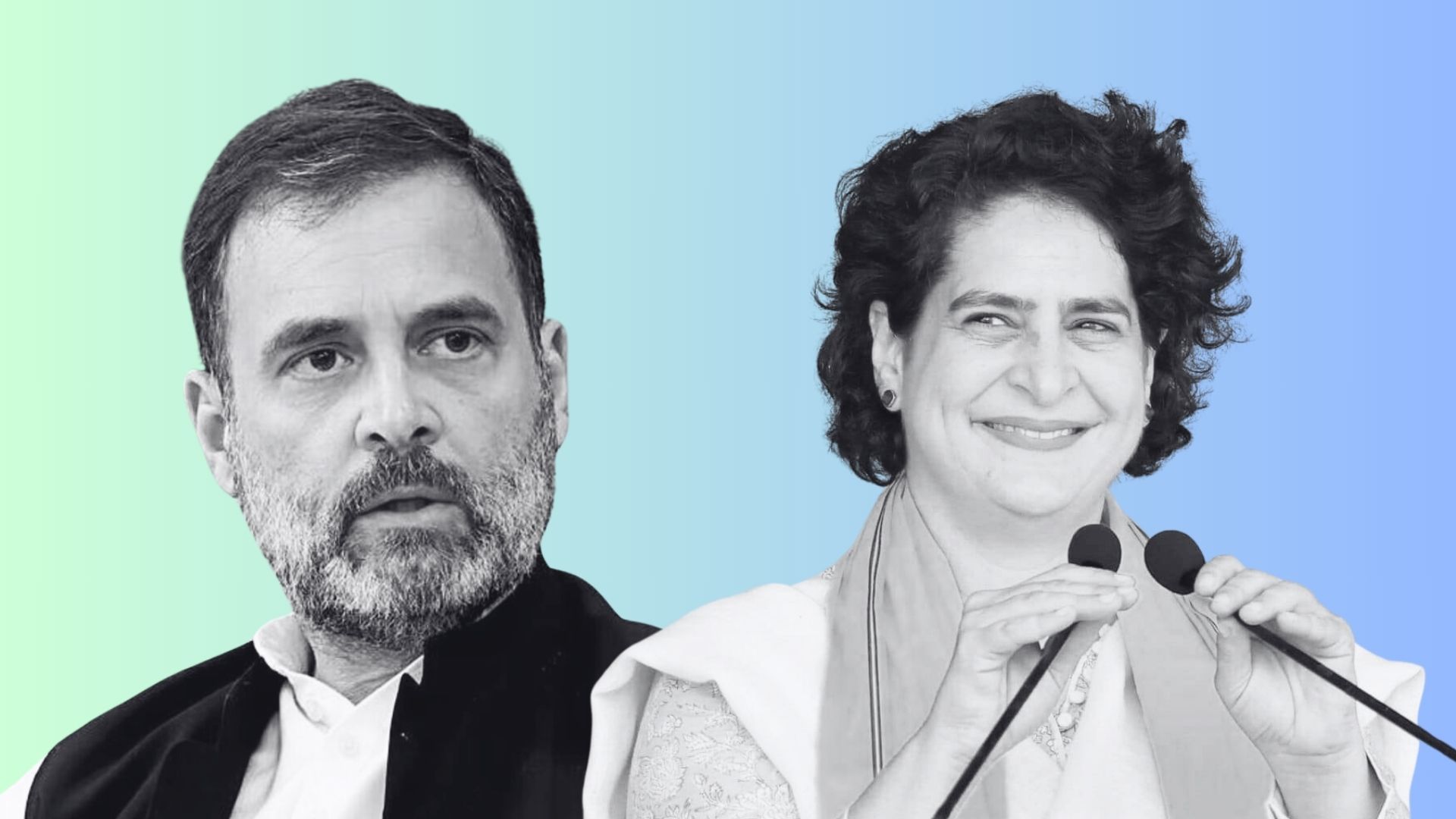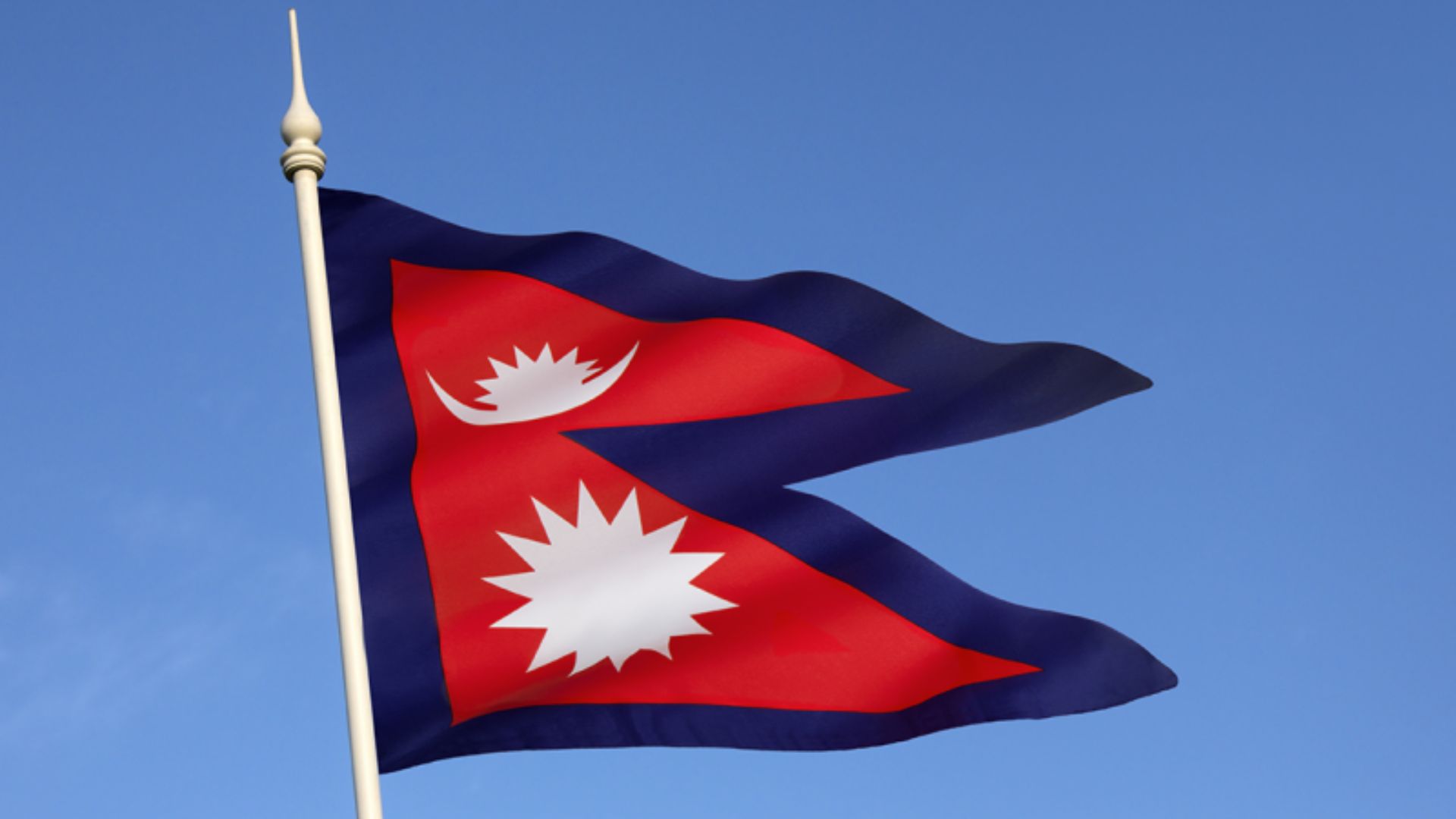


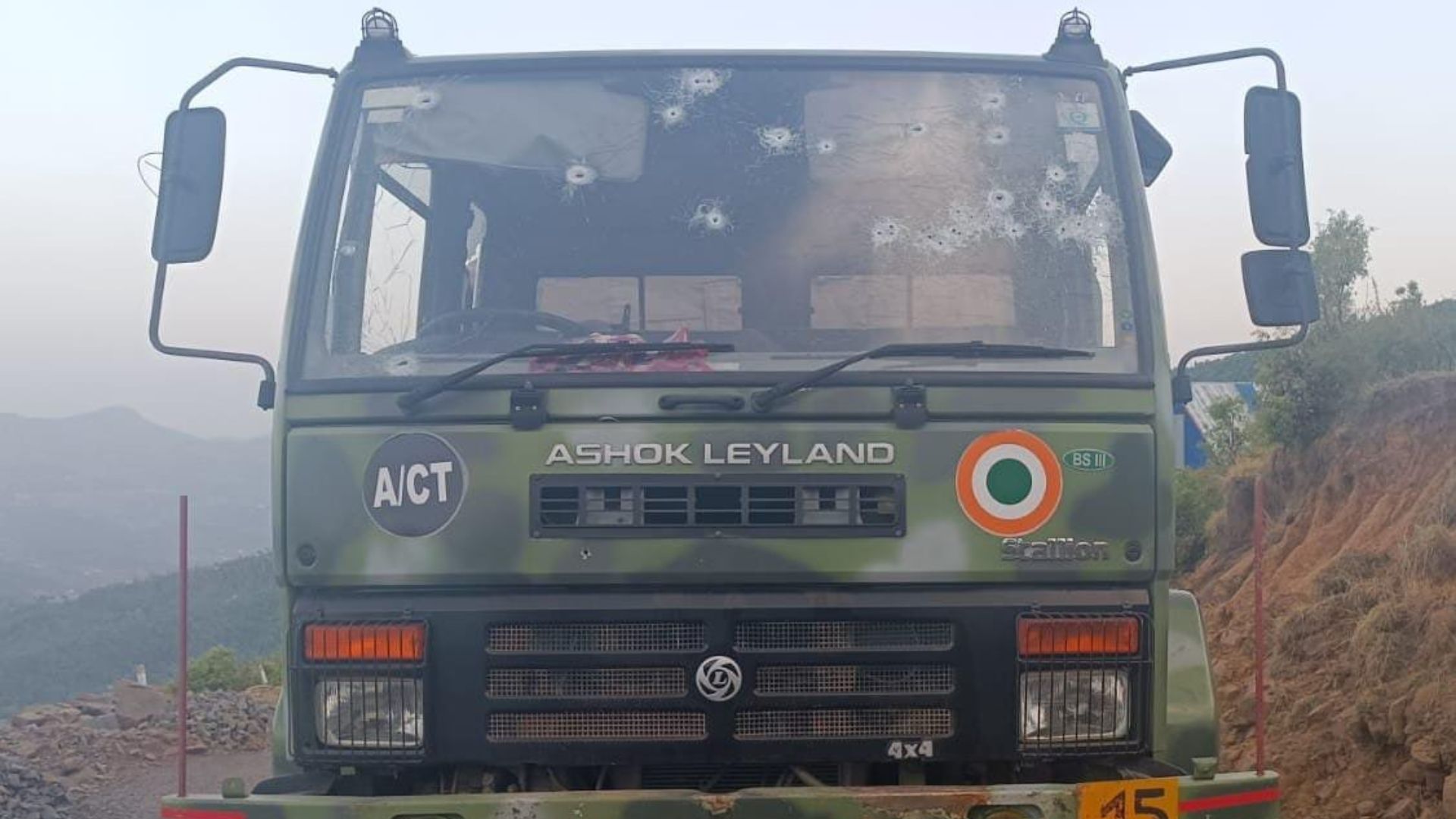
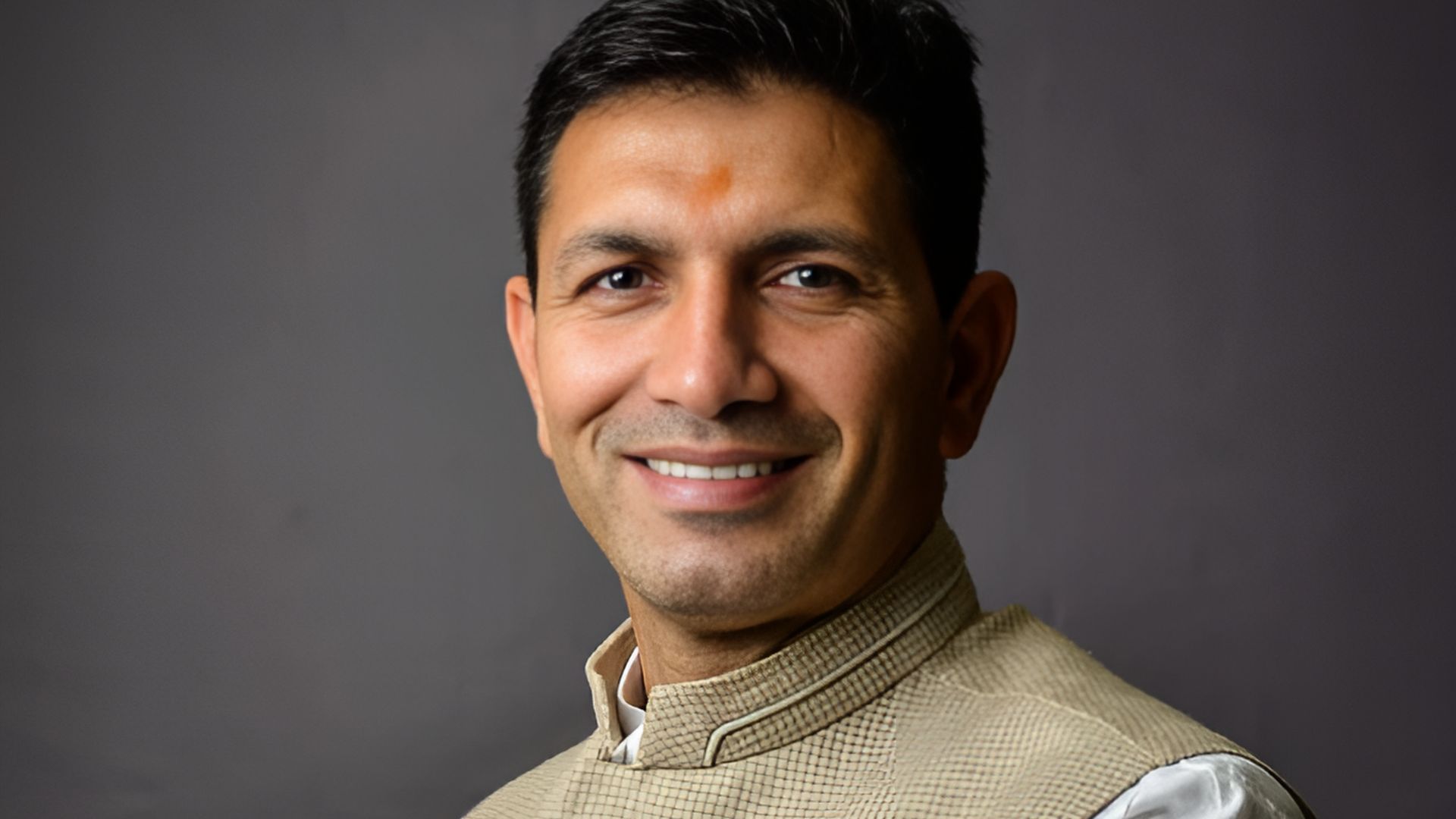
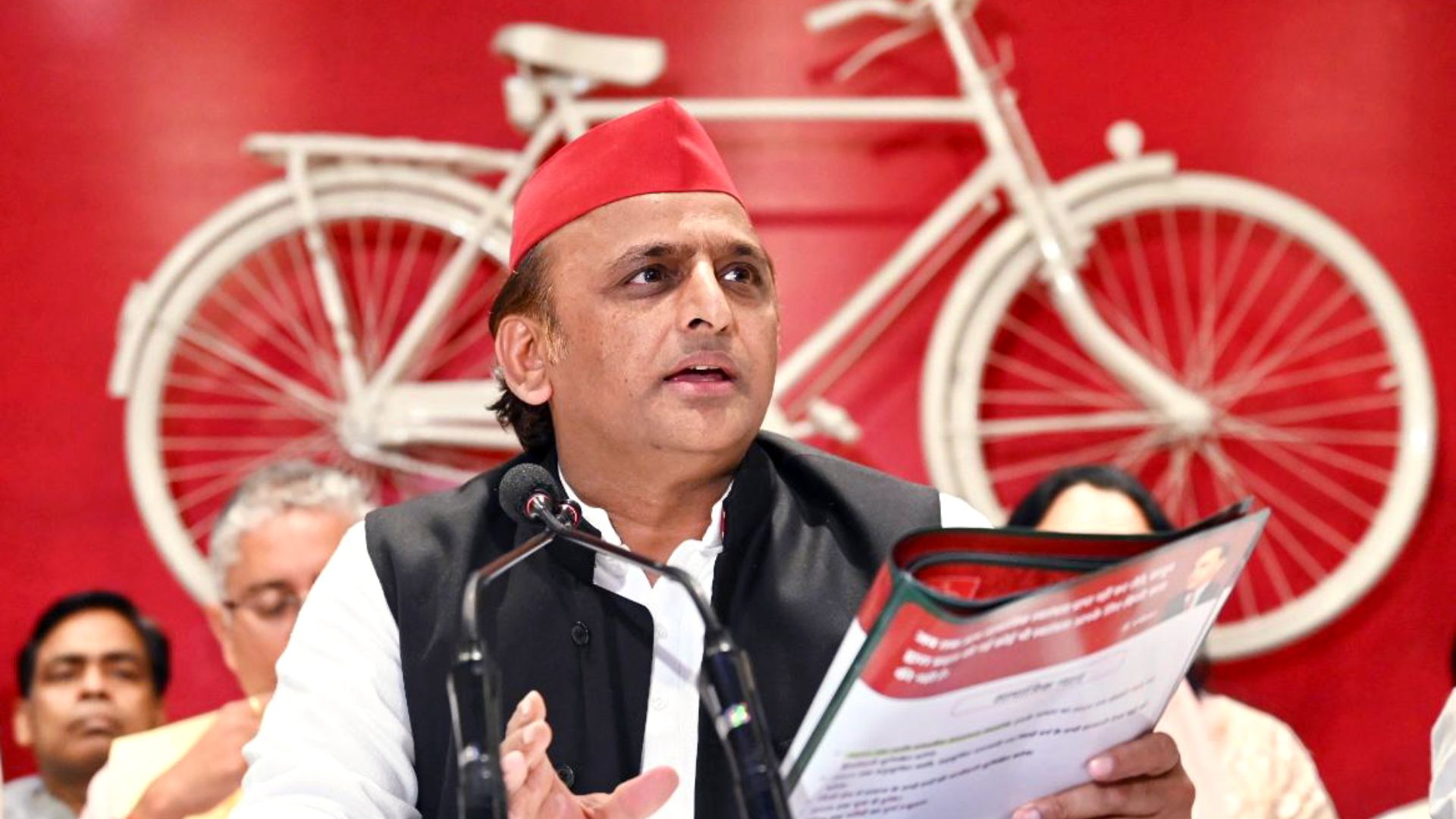
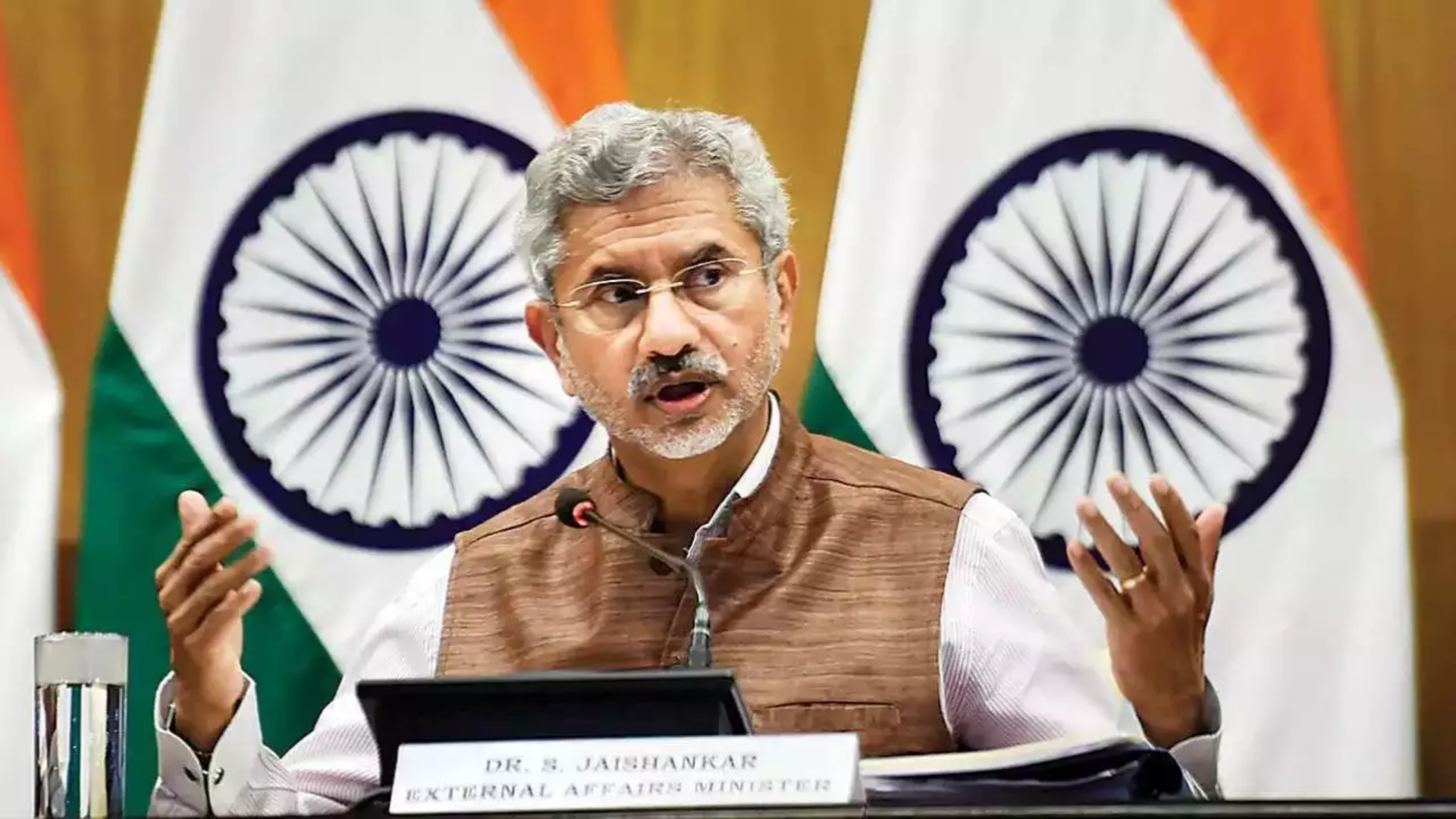
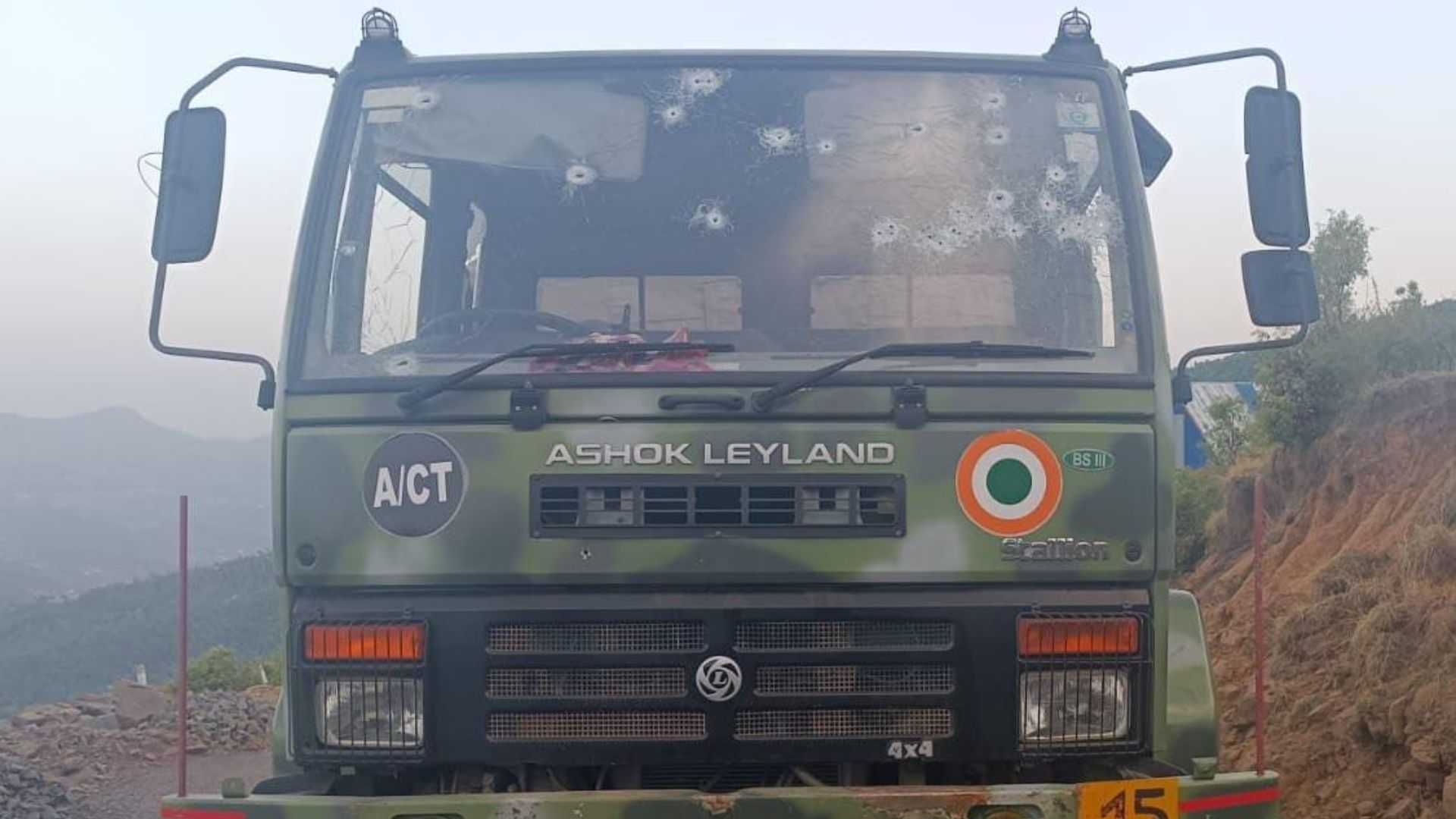
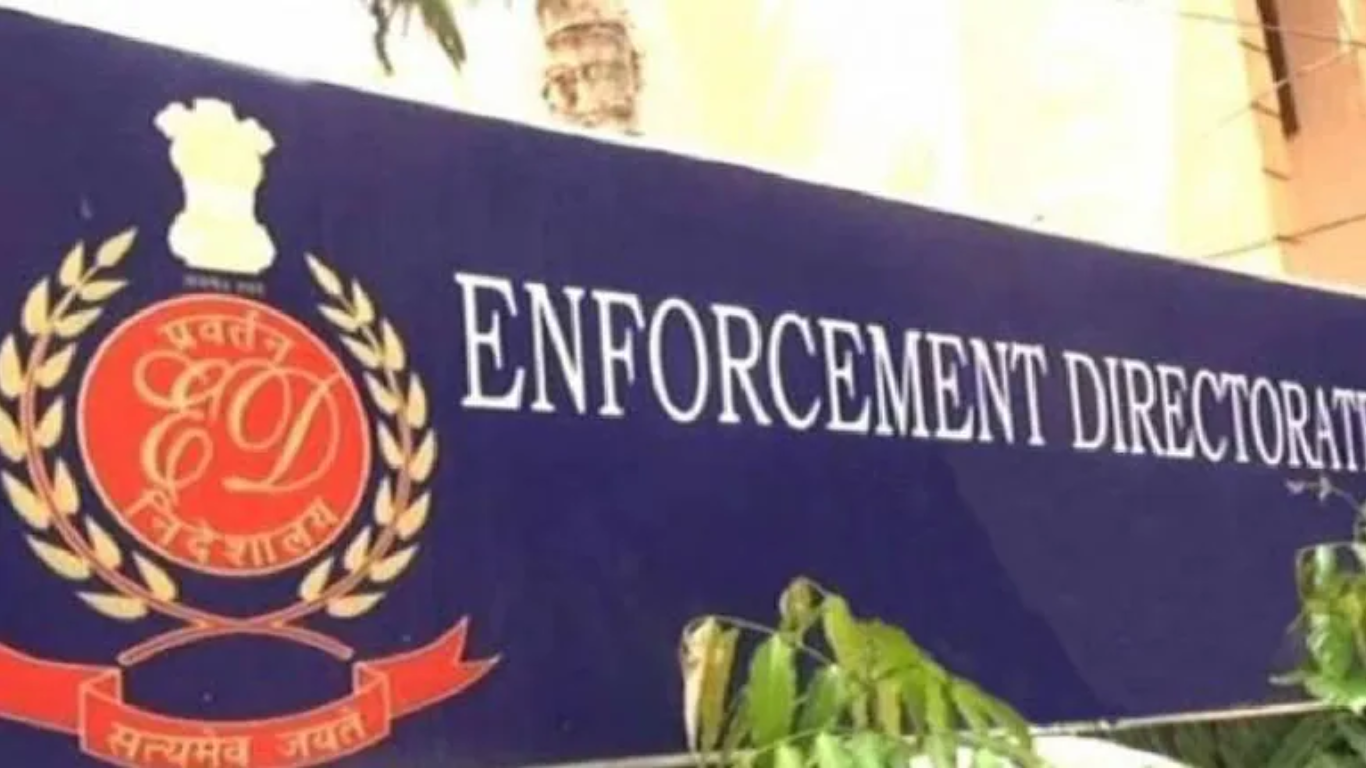
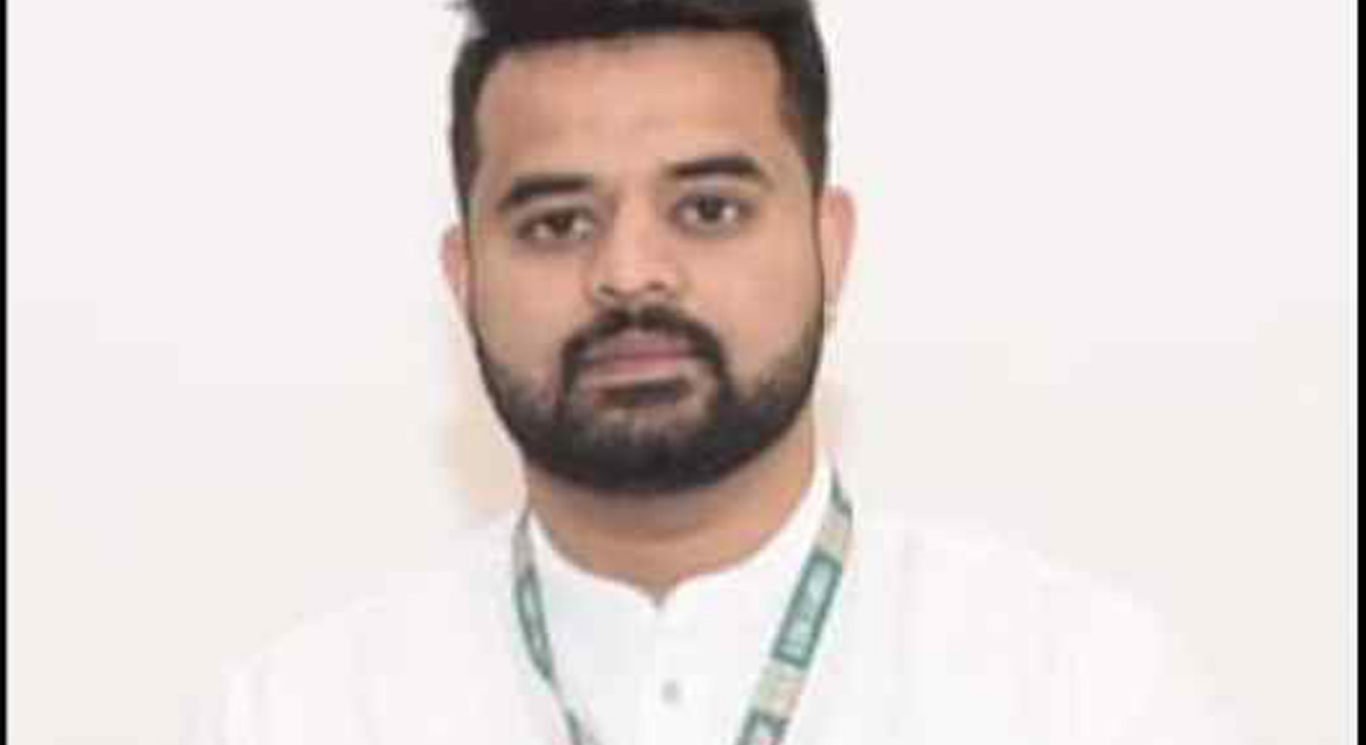

As representatives from 40 nations gathered Sunday to begin the first Sherpa track under India’s G20 chair, these issues affecting the world economy were expected to take centre stage. They include rising global debt, job losses, out-of-control inflation, and a slowdown in GDP.
As discussions centre on “looking beyond the crisis” to develop new strategies for improving livelihood and move toward an inclusive, ambitious, decisive, and action-oriented development strategy, Udaipur was chosen as the site for the first official G20 event, according to officials, in order to provide attendees with a “mentally rejuvenating” and “spirituality invigorating” experience.
“The globe is going through a lot right now, and that presents a great challenge for all of us. We are currently experiencing a severe geopolitical crisis, which is being seen by everyone in Europe. At the first panel discussion on “Transforming Lives: Accelerating Implementation of SDGs,” India’s G20 Sherpa Amitabh Kant said, “We have seen the breakdown of global supply chains, we are seeing 70 countries of the world suffering from global debt, we are seeing huge crises of climate action and climate finance and on top of that, we are seeing challenges of literacy, health, and of vast segments of the population going below the poverty line.
The challenges of inflation and the decline in the global economy are also present. India is taking up the G20 chairmanship at this time of crisis. Every crisis is an opportunity, in our opinion, and leadership is about coming up with ground-breaking answers when things are at their worst, he said.
According to Kant, the main duty of every Sherpa is “to gaze beyond the immediate, to look beyond all the catastrophe, to see how we may construct a new future, how we can shape a whole different world.” Formal sessions for the Sherpas’ four-day summit will start on Monday.
Sherpas, a word that originated from the Nepalese who serve as mountaineering guides in the Himalayas, are the personal representatives of leaders of member nations at such international summits.
Prior to the final summit in New Delhi in September 2023, India will host more than 200 meetings in 50 locations, spanning 32 distinct workstreams, with the participation of ministers, government employees, and representatives of civil society. The summit’s timing is critical since it occurs just before the 2024 general elections.
The Sherpa track will discuss issues from 13 working groups, including energy, trade and investment, development, employment, tourism, agriculture, the digital economy, health, education, culture, environment, and anti-corruption. This track will set the agenda for the G20 leaders in September of next year.
The issue notes, which included points from the two new groups — Disaster, Risk and Resilience Group and Startup20 Engagement Group — brought to the forefront by India under its presidency, will now be taken up for discussion, according to officials. The issue notes were shared with the member countries 20 days ago.
An official noted that India sees the change in the presidency from a developed nation to an emerging economy as a chance to share its efforts in the fields of digital transformation and sustainable development objectives, particularly in the areas of health, education, and women-led development.
According to the source, discussions with officials from other nations will also include work done in the area of digital public infrastructures, such as immunisation and India’s Covid initiatives under the CoWIN platform.
Up to the last summit in September of next year, the president directs the G20 agenda for a year. India succeeded Indonesia at a period when geopolitical unrest and ambiguity surrounded the post-pandemic economic recovery and the conflict in Ukraine. Brazil will assume the presidency after India, and South Africa will do so in 2025.
The G20 is divided into two parallel tracks: the Sherpa track and the Finance track, which are both headed by central bank governors and finance ministers.
One Earth, One Family, One Future is the theme of India’s G20 presidency, along with the idea of an “all of government” strategy. Two rounds of casual conversations will also be held as “chai pe charcha,” or discussions over tea, in the first event of the Sherpa track. This phrase became well-known during the BJP’s 2014 election campaign.

